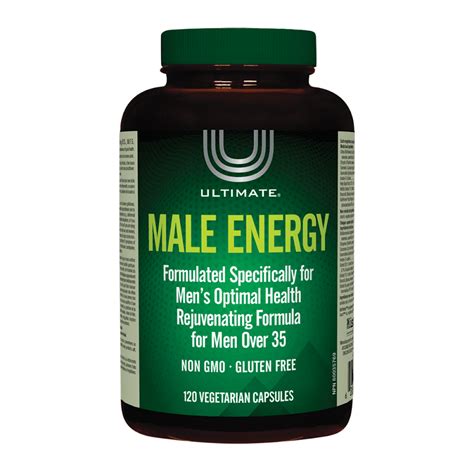Fueling Gains on a Budget: The Smart Approach
For men dedicated to building muscle and maintaining robust energy levels, nutrition is paramount. However, the misconception that optimal fueling requires an expensive grocery list often deters many. The good news is that you don’t need exotic supplements or premium organic cuts to achieve your fitness goals. Smart choices and strategic planning can provide all the necessary macronutrients and micronutrients efficiently and affordably.
The core principle lies in understanding what your body needs: adequate protein for muscle repair and growth, complex carbohydrates for sustained energy, and healthy fats for hormonal function and overall health. Let’s dive into the budget-friendly powerhouses that deliver on all fronts.

Protein Powerhouses That Won’t Break the Bank
Protein is the cornerstone of muscle building. Fortunately, some of the most effective protein sources are also the most affordable.
- Eggs: Often called nature’s multivitamin, eggs are incredibly versatile and packed with high-quality protein, essential amino acids, and vital micronutrients. A dozen eggs can be a daily staple for a fraction of the cost of other protein sources.
- Chicken Thighs/Legs: While chicken breast is popular, thighs and legs are often significantly cheaper, richer in flavor, and provide a good balance of protein and healthy fats.
- Canned Tuna/Sardines: An excellent source of lean protein and omega-3 fatty acids. Canned fish is convenient, has a long shelf life, and is very budget-friendly.
- Lentils & Beans: For plant-based protein, lentils, black beans, kidney beans, and chickpeas are superstars. They are incredibly cheap when bought dried or canned, loaded with fiber, and contribute significantly to your daily protein intake.
- Cottage Cheese/Greek Yogurt (Plain): These dairy options offer slow-digesting casein protein, great for overnight muscle recovery, and often come at a reasonable price, especially in larger tubs.
Carbohydrates for Sustained Energy
Complex carbohydrates are your primary fuel source, providing the energy needed for intense workouts and daily activities. Opt for whole, unprocessed sources that offer fiber and a steady release of glucose.
- Oats: Inexpensive, versatile, and packed with soluble fiber, oats provide long-lasting energy. Perfect for breakfast or as a base for savory dishes.
- Brown Rice: A staple carb source, brown rice is cheaper than quinoa and provides sustained energy with added fiber and nutrients compared to white rice.
- Potatoes (White & Sweet): Both varieties are incredibly affordable and nutrient-dense. Potatoes offer complex carbohydrates, potassium, and vitamins.
- Whole Wheat Pasta/Bread: While not as “whole” as oats or rice, whole wheat versions offer more fiber and nutrients than their refined counterparts and are readily available and affordable.
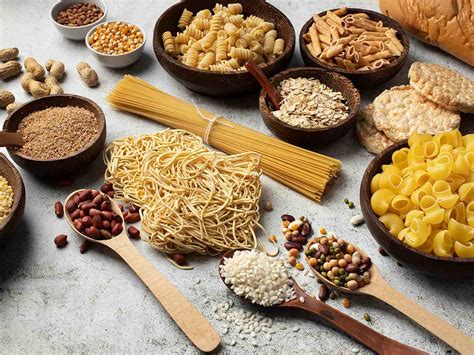
Healthy Fats for Optimal Function
Don’t shy away from fats; they are crucial for hormone production, nutrient absorption, and satiety. Focus on unsaturated fats from whole food sources.
- Olive Oil: A go-to for cooking and dressing, olive oil is a healthy monounsaturated fat that is widely available and reasonably priced, especially when bought in larger containers.
- Peanut Butter (Natural): Look for brands with minimal ingredients (just peanuts and salt). A great source of healthy fats and a decent amount of protein, perfect for snacks or adding to meals.
- Seeds (Chia/Flax): While slightly pricier per bag, a little goes a long way. They offer omega-3s and fiber and can be added to oatmeal, smoothies, or salads.
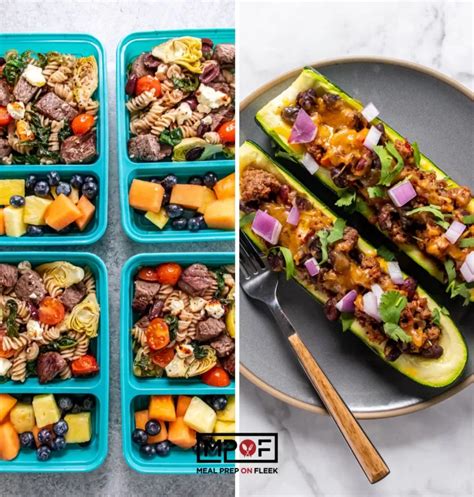
Strategic Meal Planning & Preparation
To maximize your budget and ensure consistent nutrition, adopt smart planning habits:
- Batch Cooking: Dedicate a few hours one day a week to cook large quantities of staples like chicken, rice, and roasted vegetables. This saves time and prevents impulse food purchases.
- Buy in Bulk: Non-perishable items like rice, oats, dried beans, and canned goods are often cheaper when purchased in larger quantities.
- Utilize Sales & Coupons: Keep an eye on weekly grocery store flyers for deals on meat, produce, and pantry staples.
- Minimize Food Waste: Plan meals to use up ingredients before they spoil. Repurpose leftovers creatively.
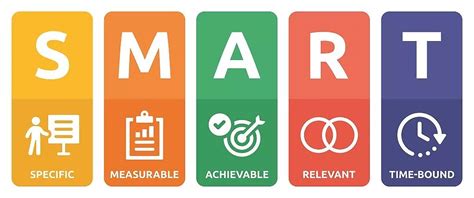
Putting It All Together: A Sample Day
Here’s how a budget-friendly, muscle-building day could look:
- Breakfast: Oatmeal with a scoop of peanut butter and a hard-boiled egg.
- Lunch: Leftover chicken thighs with brown rice and steamed mixed vegetables.
- Snack: Cottage cheese with a few whole-wheat crackers.
- Dinner: Lentil soup with whole wheat bread, or a large salad with canned tuna and olive oil dressing.
Remember to stay well-hydrated throughout the day and incorporate a variety of fruits and vegetables (often affordable seasonal options) to ensure you’re getting essential vitamins and minerals.
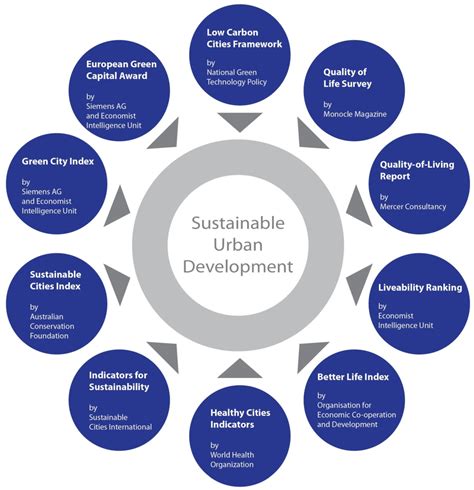
Consistency is Key
Building muscle and sustaining energy is a marathon, not a sprint. The “best” budget fuel isn’t just about specific foods; it’s about making consistent, informed choices that fit your lifestyle and wallet. By focusing on whole, unprocessed protein, complex carbohydrates, and healthy fats, and by adopting smart shopping and meal prep strategies, you can fuel your body effectively, achieve your fitness goals, and keep your budget intact.

